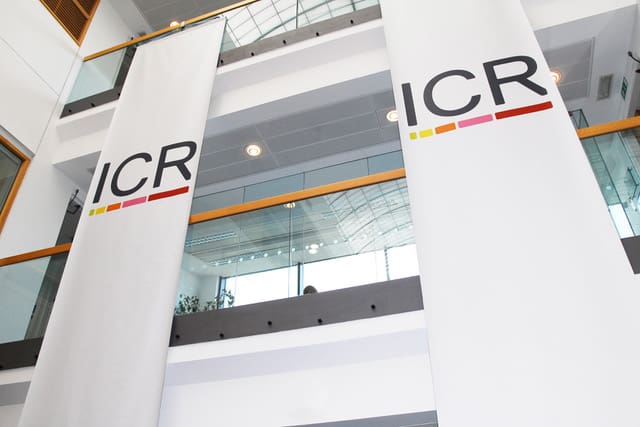
Researchers from the Institute of Cancer Research (ICR) and the Royal Marsden NHS Foundation Trust have discovered a way to predict which patients are likely to respond to radium-233 treatment in prostate cancer bone metastases.
Researchers analysed 133 lesions in 36 patients living with castration-resistant prostate cancer that had spread only to the bones.
Prostate cancer occurs in the prostate gland, which sits just below the bladder in males.
A previous autopsy study revealed that 90.1% of men who died with metastases of prostate cancer were diagnosed with bone metastases.
Using whole-body MRIs with diffusion-weighted imaging, researchers monitored changes in the apparent diffusion coefficient (ADC) to indicate the movement of water in tissue at the beginning of the study and every eight weeks throughout.
Within tissues, the lower the ADC, the higher the cellular density of the tumour – a major hallmark of more aggressive cancer types.
After researchers carried out 18F-sodium fluoride PET scans with 18F-NaF and 18F-choline, they found that the uptake of 18F-NaF by metastases was significantly higher in those that produced an increase in ADC of 30% or more.
Using this technique, researchers were able to determine where radium-233, an internal form of radiotherapy, would be most effective, as 18F-NaF has a similar structure to calcium, which is key for bone development and metabolism.
Using a PET scan, researchers could reveal the areas with the highest uptake of 18F-NaF to show where radium-233 treatment would most likely be effective.
In a further ICR-led study published in JNCI Cancer Spectrum, researchers were able to assess responses to radium-233 using diffusion-weighted MRI to study the movement of water molecules in tissues and found that some patients benefitted from radium-233 treatment much more than others.
The findings from both studies could further improve the treatment of advanced prostate cancer that has spread to the bones and could help clinicians determine which patients will more likely respond to radium-233 treatment.
Consultant radiologist, functional imaging, the Royal Marsden and professor of functional cancer imaging at ICR, Dow-Mu Koh, said: “Our findings demonstrate how sensitive imaging is and how it can be used for targeted treatments.”




